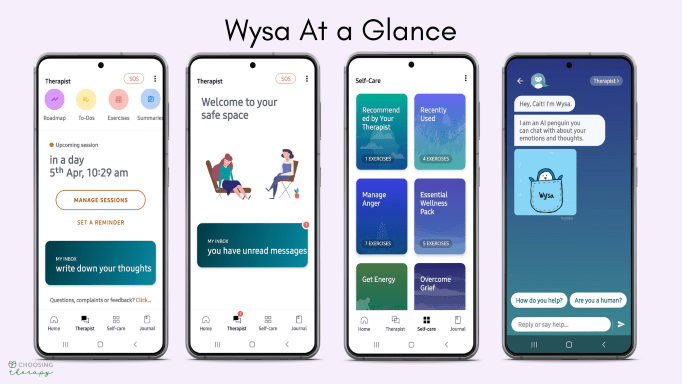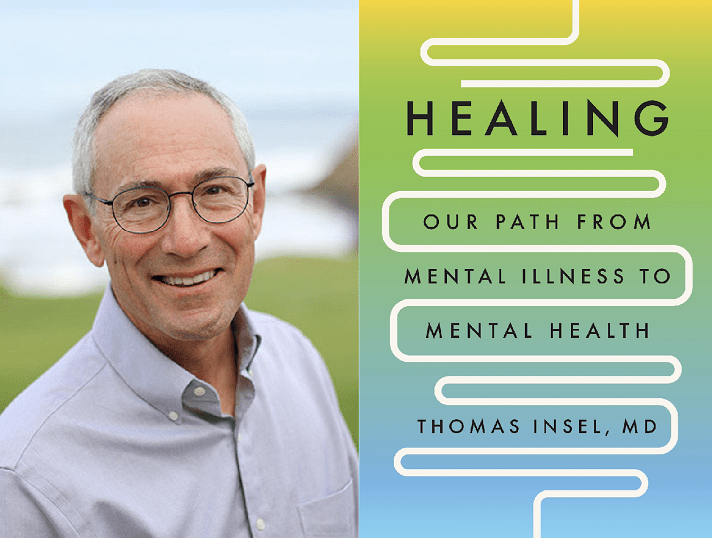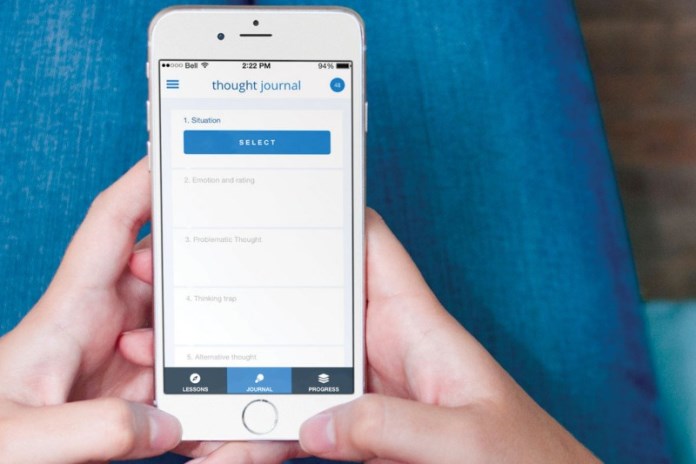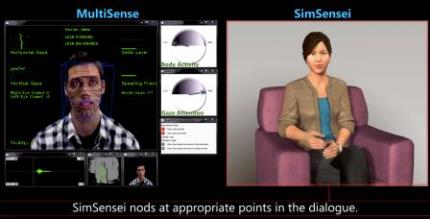Posts Tagged ‘therapist’
Artificial Intelligence (AI) meets Cognitive Behavioral Therapy (CBT): Wysa raises $20M to scale up mental health chatbot
Wysa raises $20 million to expand its therapist chatbot into a wider set of mental health services (TechCrunch): Wysa, a popular mental health app originally founded in India around an AI chatbot that helps users talk through their feelings, has raised $20 million in a Series B funding round to expand its business on the…
Read MoreFrom “Eminence-based” to Evidence-based cognitive & mental healthcare: Time for quality and accountability
Welcome to a new edition of SharpBrains’ e‑newsletter, featuring timely brain & mental health news, two excellent new books and a few fun brain teasers. #1. From “Eminence-based” to Evidence-based mental healthcare: Time to focus on quality and accountability “The real challenge is not finding a therapist, it’s finding a therapist who knows how to provide…
Read MoreSurvey: Growing demand for digital psychotherapies to help veterans deal with substance abuse, depression, problem solving and insomnia
Veterans go for digital psychotherapy (Healthcare IT News): “Computerized psychotherapies, or CPTs, hold great interest for veterans receiving outpatient treatment, according to a study published in Telemedicine and e‑Health. The study, relying on information provided by 151 veterans receiving treatment in a Veterans Health Administration substance use disorder outpatient clinic, showed veterans were
Read MoreMobile cognitive therapies gain traction as first-line mental health intervention
Mental health apps let you access therapy from your smartphone (New Scientist): “Lie down anywhere that suits: the world is now your therapist’s couch. A wide range of apps now deliver mental-health care straight to your smartphone. With PTSD Coach, users can discreetly screen themselves and learn more about the disorder. Moodnotes keeps track of
Read MoreThe mental health screenings of the future, as hinted by Ellie the virtual therapist
— How Virtual Therapy Could Help the Military Fight PTSD (NBC News): “In Afghanistan, a new therapist is talking with soldiers. Her name is Ellie, she is the face of a computer program and she could be the key to identifying PTSD in America’s military. Equipped with
Read More




